LGBT migrants in Tunisia are rising up to demand stronger protection. Some attended the international youth migration forum (November 24-26) organized by Amnesty International Tunisia. According to Maher Omrani, president of Amnesty Tunisia, during an interview with Nawaat, LGBT migrants “are victims of a double violence, one spurred by racism, another based on their sexual orientation.”
The situation of these migrants is “particularly worrying” explains Oly, a sub-Saharan woman speaking on behalf of the Collective of LGBTQ++ Asylum Seekers and Refugees from sub-Saharan Africa in Tunisia. The Collective brings together some two-hundred individuals. “We have organized as a collective in order to make our common demands heard,” explains Oly.
Persecution of LGBT individuals
The testimonies shared by these immigrants are similar. They all describe persecution endured in their countries of origin and the violence—sexual in particular—experienced throughout their journeys. Their ordeal does not stop when they arrive in Tunisia. This exodus of LGBT individuals is characterized by the UN as a “forced displacement” of populations.

37-year old Elvige is from Cameroon. She left her country to escape a forced marriage. “When they saw that I was attracted to women, my family forced me to marry an old man. He raped me every day,” she tells Nawaat.
This violence reached a breaking point when Elvige’s husband stabbed her. Upon her release from the hospital, she fled. After a long journey, Elvige arrived in Tunisia, and kept herself afloat working odd jobs: housekeeper, waitress, etc.
“It’s always the same scenario with employers: threats, sexual harassment. And it’s the same in the metro: people press up against my body and fondle me in plain view of everyone.” The situation further declined after Kais Saied’s anti-migrant discourse last February. “Violence has tripled ever since,” she remarks. “People stopped exercising any restraint.”
Lashing out against immigrants in February 2023, the Tunisian president accused sub-Saharan Africans of scheming to colonize the country. His statements were followed by a surge in hate speech across social media outlets and a wave of violence targeting migrants.
“There was a rupture in Saied’s discourse; he lashed out with racist and homophobic remarks. Women and LGBT individuals were most affected by this violence owing to their vulnerability,” said Jean Claude Samouiller, president of Amnesty International France, during an interview with Nawaat.
Then, on February 23, a shelter in a northern suburb of Tunis which housed LGBT asylum seekers and refugees from sub-Saharan African countries was attacked when men armed with sticks and knives stormed the building.
In July, the situation intensified in the city of Sfax, where the targeting and expulsion of immigrants degenerated into a humanitarian crisis. After arriving in Sfax last October, Adora, a transsexual woman from Guinea, left the city upon the advice of a sub-Saharan friend. “She told me that Sfax is more dangerous for me,” she told Nawaat.
27-year old Adora was ostracized by her family and imprisoned by Guinean authorities for her sexual orientation. She recounts having been blackmailed by the prison guard. “He promised to help me escape my cell if I slept with him. I didn’t have a choice.” The guard put her in touch with a smuggler. The story of her long journey from Guinea to Mali, Algeria and then Tunisia is interspersed with numerous incidents of rape. “During the crossing to Algeria, there were twenty of us from different countries crammed in a truck like livestock. I saw people die. Women were raped in front of me. I, too, was raped.”
Adora obtained an asylum seeker card in Algeria. “But an HCR employee there advised me to come to Tunisia, saying it would be better here,” she recalls.
Upon her arrival to Tunis, Adora was hospitalized for an anal tear caused by repeated incidents of sexual assault. It was at this point she discovered that she had been infected by HIV. Pale-eyed and underweight, Adora sobs as she shares her story.
Like a number of her LGBT friends, Adora is housed in a shelter by the UN Refugee Agency (UNHCR). However, without work or any guarantee of safety, Adora, much like Elvige, has little hope for life in Tunisia.
“LGBT migrants are excluded from the work market in Tunisia due to their irregular status, but also because employers do not want to hire them due to their sexual orientation. Theirs is a situation of precarity. Many of them are ill,” explains Oly. For the Collective of LGBTQ++ Asylum Seekers and Refugees, the UNHCR holds the keys to the exit door.
Fingers pointed at the UNHCR
The strengthened protection sought by the Collective entails the possibility of leaving Tunisia for a country where they can “live freely,” Adora says. To reach this goal, the group is asking that the consideration of their case be prioritized.

This means accelerating the resettlement process, reserved for refugees deemed to be the most vulnerable. “The HCR has delayed in addressing our cases. For us, however, this is a matter of life or death,” Elvige urges.
Nawaat reached out to the HCR’s Tunisia agency for an interview regarding the situation of LGBT asylum seekers and refugees in the country, to no avail.
Resettlement is considered on an individual (case-by-case) basis. The HCR makes a point to spell out that the option of resettlement is not a right, and that the decision concerning this possibility is up to the country which would host the individual in question.
“Globally, the resettlement needs are high, but the available slots are limited as it benefits less than 1% of the refugee population worldwide. Due to this, it is imperative that refugees understand that one may never be able to access this option and hence should work towards self-reliance in Tunisia, if the option for safe and sustainable return to the country of origin is not currently available,” the HCR asserts.
France is among the resettlement countries that host LGBT refugees. The president of Amnesty France insists that, “in spite of the surge of anti-migration discourse, the granting of subsidiary protection to LGBT individuals is not really threatened.”
As they wait for a decision regarding their cases, LGBT asylum seekers and refugees in Tunisia rely upon the support of national associations and international NGOs that work with migrants.
The HCR website refers LGBT individuals to the associations Mawjoudin and ATP+ which focuses on HIV prevention. Representing the LGBTQ++ Collective in Tunisia, Oly notes that she also receives support from the associations Damj and Terre d’asile.
Such support is nevertheless insufficient given the mass exodus of LGBT migrants from their countries of origin. Among the world’s 84 million forcibly displaced persons is a large number of LGBT individuals. They are, according to the UN, “the most vulnerable and the most marginalized” category. And their numbers are on the rise.
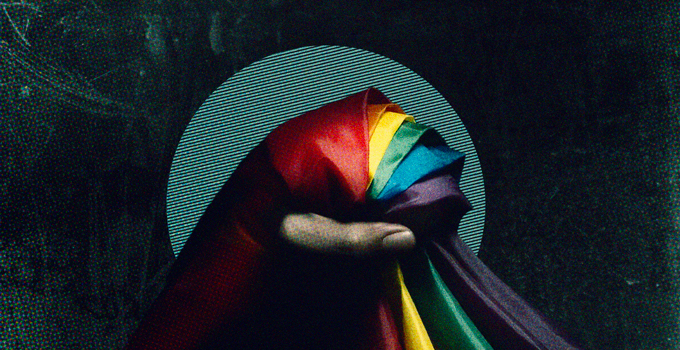
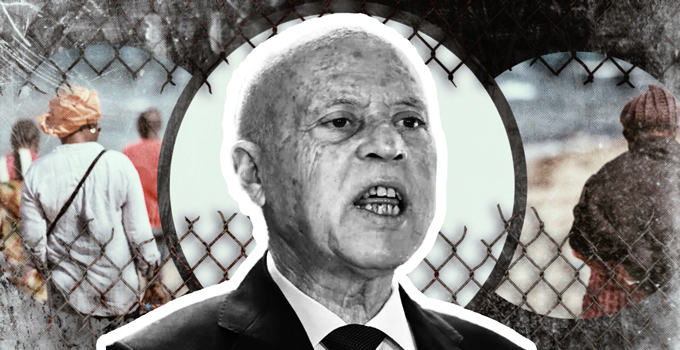
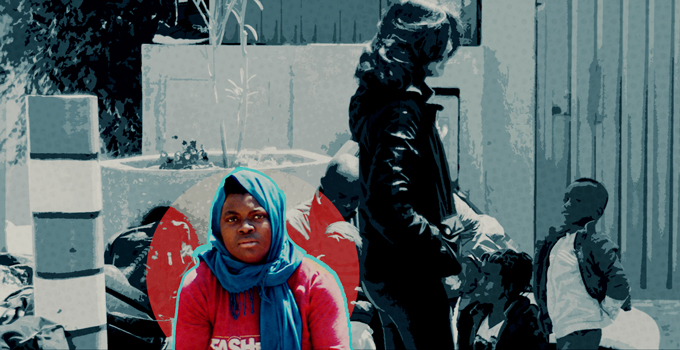

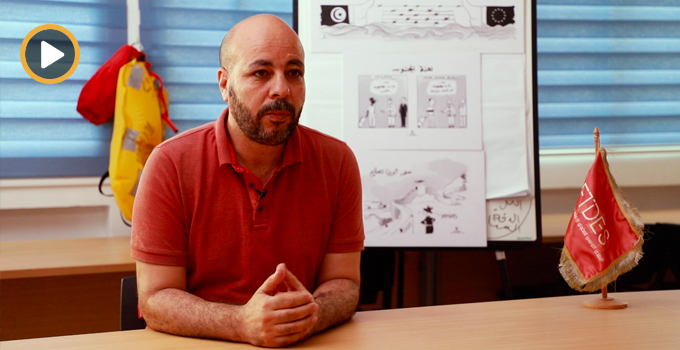
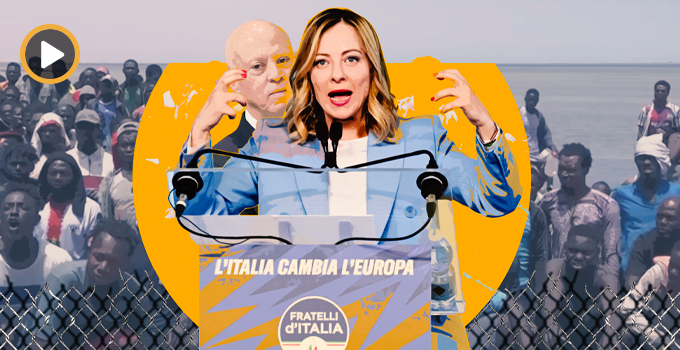


iThere are no comments
Add yours